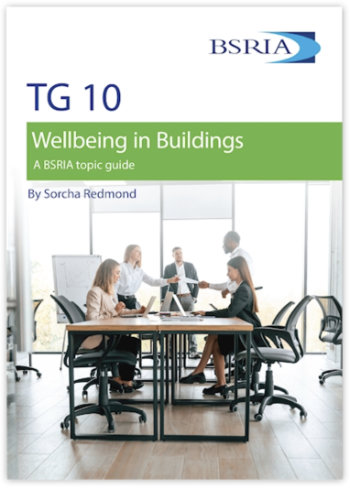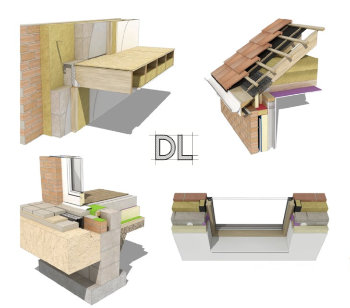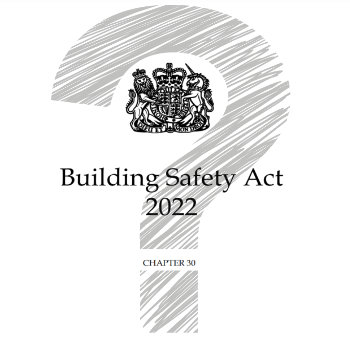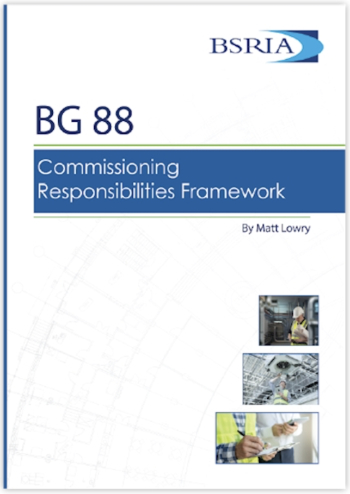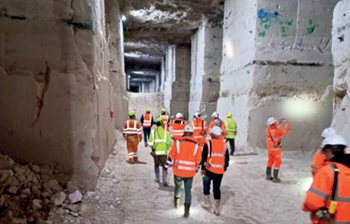Tenant management organisation
A tenant management organisation (TMO) is a group or body of council tenants who collectively manage their homes. TMO's were introduced by the Housing (Right to Manage) Regulations in 1994.
TMO's are independent legal bodies which can enter into a formal contract with the council, known as the management agreement. The management agreement outlines the services the TMO has taken responsibility for as well as those that remain under the remit of the council.
The size and form of a TMO can vary. Some TMOs may be responsible for only a small number of homes, while others may manage large estates of several thousand. They can either operate as a co-operative body or as a not-for-profit company. Smaller TMOs may be formed of volunteers, but larger TMOs can employ staff, such as housing managers, caretakers, repair workers, and so on.
Typically, a management committee will be elected to run the TMO. The TMO is able to choose the degree of responsibility they wish to assume from the council and the types of services to be managed by them may vary with local circumstances. Examples of services managed by TMOs include:
- Day-to-day repairs.
- Allocations and lettings.
- Tenancy management.
- Cleaning and caretaking.
- Maintenance of grounds and common areas.
- Rent collection and rent recovery.
Community groups who are interested in setting up a TMO can seek support from ‘guide TMOs’, and look at the options for taking over management services. As long as council tenants and/or leaseholders have been independently assessed as being competent to manage the proposed services, they will have the right to set up a TMO. A secret ballot is held among tenants on whether or not they agree to a TMO being set up.
The advantages of TMOs are that they can often manage housing more effectively than a landlord, being ‘on the ground’ with the relevant local knowledge to be able to act quickly and effectively. Similarly, TMOs may work better with socially excluded communities, and can play an important role in the regeneration of a neighbourhood.
[edit] Related articles on Designing Buildings Wiki
- Cohousing.
- Common area.
- Community-led housing.
- Community right to bid.
- Community right to build.
- Community right to challenge.
- Community right to reclaim land.
- Community shares.
- Housing cooperative.
- Landlord and Tenant Act.
- Local resident.
- Localism act.
- Neighbourhood planning.
- Real Estate Investment Trusts.
- Shared ownership.
- Social housing.
- Tenant.
Featured articles and news
Wellbeing in Buildings TG 10/2025
BSRIA topic guide updates.
With brief background and WELL v2™.
From studies, to books to a new project, with founder Emma Walshaw.
Types of drawings for building design
Still one of the most popular articles the A-Z of drawings.
Who, or What Does the Building Safety Act Apply To?
From compliance to competence in brief.
The remarkable story of a Highland architect.
Commissioning Responsibilities Framework BG 88/2025
BSRIA guidance on establishing clear roles and responsibilities for commissioning tasks.
An architectural movement to love or hate.
Don’t take British stone for granted
It won’t survive on supplying the heritage sector alone.
The Constructing Excellence Value Toolkit
Driving value-based decision making in construction.
Meet CIOB event in Northern Ireland
Inspiring the next generation of construction talent.
Reasons for using MVHR systems
6 reasons for a whole-house approach to ventilation.
Supplementary Planning Documents, a reminder
As used by the City of London to introduce a Retrofit first policy.
The what, how, why and when of deposit return schemes
Circular economy steps for plastic bottles and cans in England and Northern Ireland draws.
Join forces and share Building Safety knowledge in 2025
Why and how to contribute to the Building Safety Wiki.
Reporting on Payment Practices and Performance Regs
Approved amendment coming into effect 1 March 2025.







